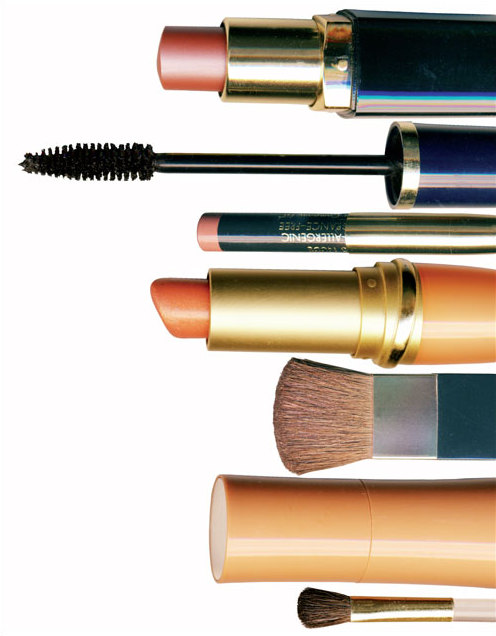Skin-deep decisions
|
A study shows Chinese consumers are willing to pay more for eco-friendly beauty products. Provided to China Daily |
 |
| Wearable fashion |
 |
| Kirsten Dunst for L'Oréal Professionnal |
In 2003, when Beijing-based office worker Yu Lu decided to buy a whitening facial cream, her most important consideration was: Is it effective? Time flies. A decade on, with more Chinese people conscious about environmental protection, Yu, now 35, has become more sophisticated when selecting cosmetics products. Besides effectiveness, she also cares about its creation: In the making of this cream, has the environment been polluted? Is the product's package eco-friendly? Yu's change in attitude is reflected in the Research Report on China Sustainable Consumption 2012, issued by the China Consumers' Association, the Chinese Academy of Social Sciences and the beauty company L'Oreal China.
According to the report, 89 percent of people care whether these products are sustainable, compared with 94 percent of consumers who consider safety and effectiveness when they purchase cosmetics.
The L'Oreal Group recently announced its "Sharing Beauty With All" commitment, which it plans to realize by 2020.
The commitment involves many aspects. The most important ones are: All products have an environmental or social benefit through innovation; reducing L'Oreal's environmental footprint by 60 percent by 2020; and making sure all of its suppliers will be evaluated and selected on social and environmental performance.
"Chinese consumers are gradually becoming aware of the importance of sustainability in terms of beauty product consumption. We found many of them, especially those who are well-educated, will search for eco-friendly campaigns before they decide to buy a cream, lotion or other products," says Jiang Tianbo, secretary-general of the China Consumers' Association.
He adds that this is a good sign, which pushes foreign and local beauty enterprises to move to a healthy and eco-friendly way of running business.
"We used to invite consumers to discuss how to use beauty and cosmetic products in a more eco-friendly way on social media platforms, and it was a very hot discussion. Some say they use leftover nail polish to do graffiti on their T-shirts. Some use expired cosmetics to clean leather goods. And some will turn empty bottles into handicrafts," says Lan Zhenzhen, vice-president of L'Oreal China.

















